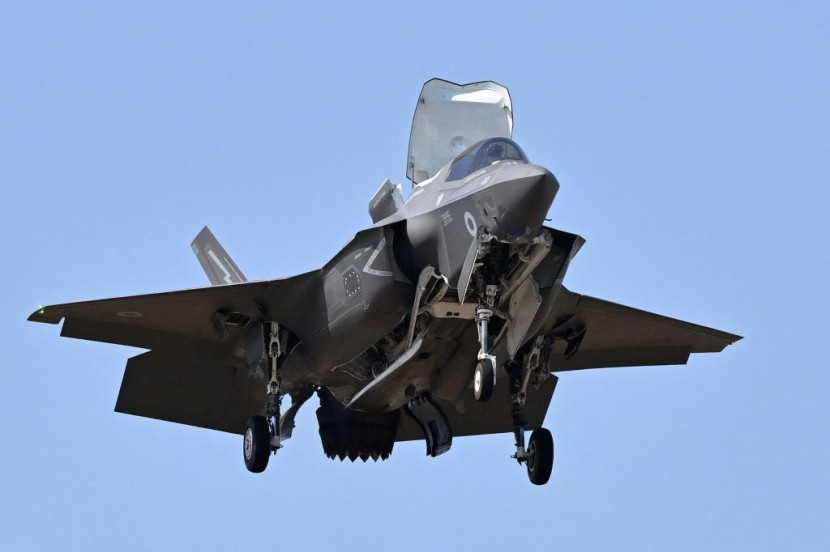
Serious issues with the production of the F-35 Lightning II were suspended to a faulty magnetic component. The Pentagon saw a defect in the raw materials used for the magnet sourced from China.
F-35 JPO Manufacture Unexpectedly Stops
Lockheed Martin has officially confirmed that a magnet in the F-35′s Honeywell-made turbomachine, an engine part that supplies power to the engine-mounted starter/generator, was recently discovered to be made with Chinese cobalt and samarium alloy, reported Air Force Times.
According to the American aerospace company, the alloy used for this component is magnetized in the United States.
Company spokeswoman Laura Siebert said the Pentagon has ascertained that magnets are safe for flight and don't compromise delicate data, so they won't be removed from F-35s that have been delivered, noted Above Top Secret.
Russell Goemaere, a representative of the F-35 JPO, admitted the component sends no data, which might endanger the F-35s.
However, the F-35 Joint Program Office has advised the Defense Contract Management Agency to temporarily stop receiving F-35s due to issues about conformance with the Defense Federal Acquisition Regulation Supplement, or DFARS.
Lockheed Martin F-35 Lightning II remarked that faulty magnetic components produced from a special alloy using elements from the United States would be employed going forwards in the manufacturing of turbomachines.
The news of the delivery halt was first published by Bloomberg.
Lockheed Martin F-35 Deliveries Halt
In a comment to Defense News, Honeywell clarified that it "stays true to providing premium products that satisfy or exceed all customer terms of the contract."
The company stated that it is working closely with Lockheed Martin and the Department of Defense to ensure that the products provided by Honeywell for use on the F-35 continue to meet those obligations.
Defense News received a notification from the DCMA last August 19 that the magnet alloy might not have been in regulatory compliance. On September 2, the failure to comply was officially affirmed, according to Goemaere.
An inquiry is currently underway to ascertain how the Chinese materials were able to skirt the procedure and arrive at a solution. The firm representative, Goemaere, added that the contractors in question had discovered a new origin for this alloy that will be used in upcoming turbomachines.
After learning from one of Honeywell's suppliers that another supplier had been using an alloy derived from China for its magnets, Honeywell decided to make that disclosure.
The duration of the distribution pause is unclear, but Lockheed added that the firm remains on schedule to distribute 148-153 fighters in 2022. 88 F-35s were already handed over this year.
Fighters that have been completed but still have not been delivered will stay with Lockheed until shipments are permitted once again.
The defect of the F-35 Lightning II, a faulty magnetic component, has been addressed, and all deliveries are on hold until the problem is resolved.
Related Article: Indian Air Force Sets 2027 as Deadline for the Complete Flight Testing of Tejas-Mk2
© 2025 HNGN, All rights reserved. Do not reproduce without permission.








